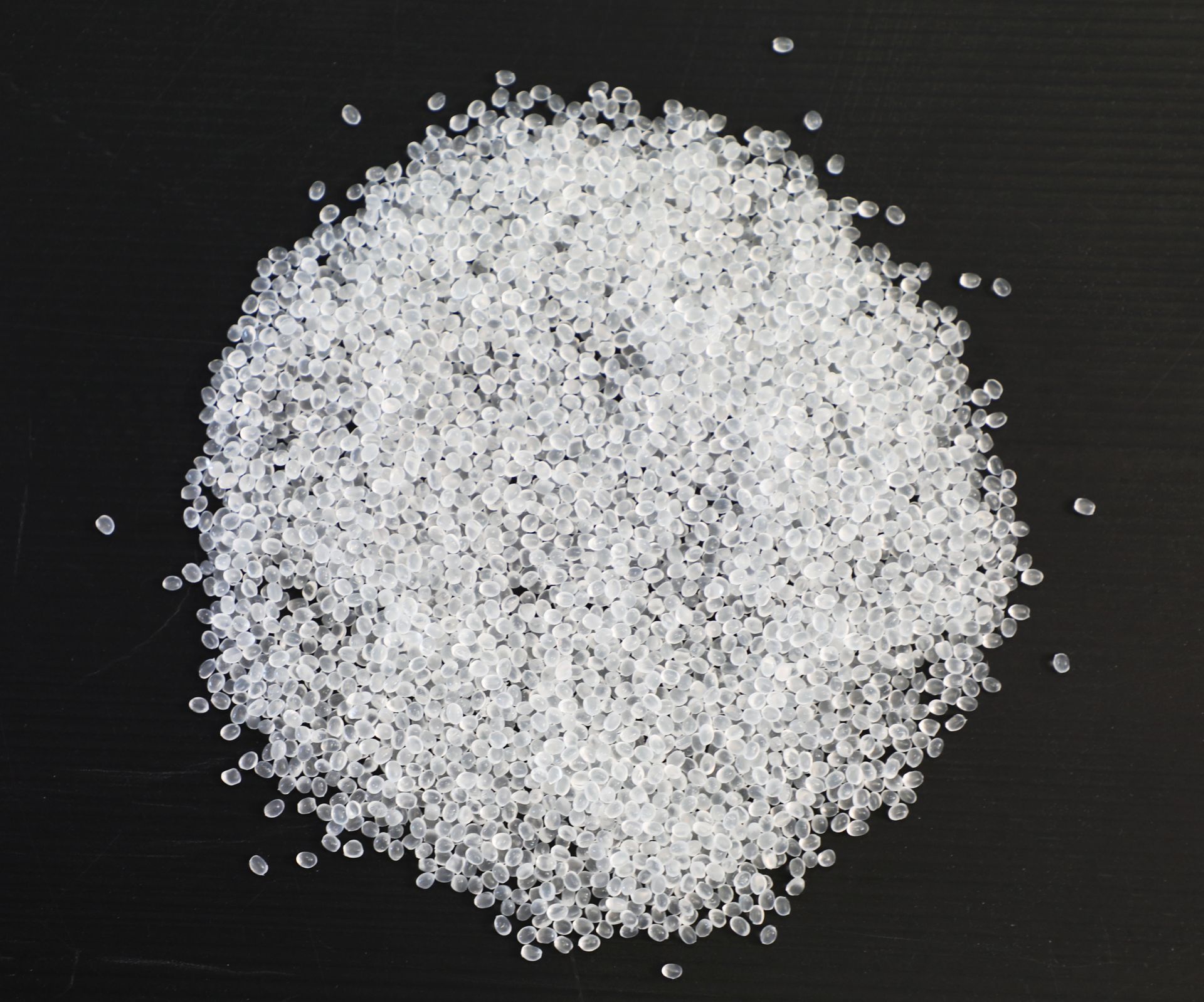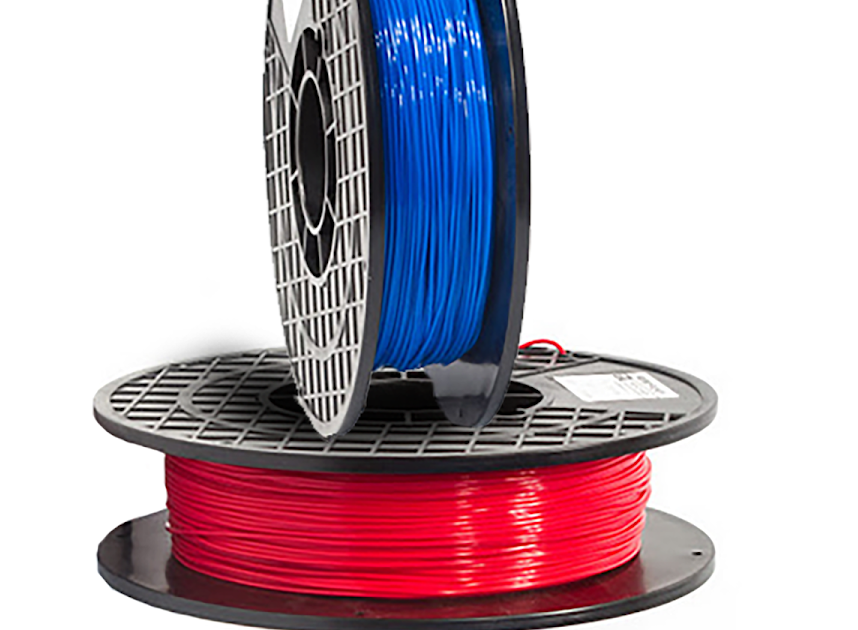What Is TPU?
TPU is a thermoplastic elastomer known for its flexibility, durability, and resistance to abrasion and chemicals. It’s made from a block copolymer structure with alternating hard and soft segments, allowing it to be both tough and elastic.
Properties
- High elasticity and flexibility
- Excellent abrasion and wear resistance
- Good chemical and oil resistance
- Transparency and colorability
- Wide hardness range (Shore A to Shore D)
- Low-temperature performance
- UV and weather resistance (especially aliphatic TPU types)
- Processable via injection molding, extrusion, and 3D printing
Advantages
- Combines rubber-like flexibility with plastic-like strength
- Excellent durability in harsh environments
- Recyclable and moldable like other thermoplastics
- Suitable for precision parts and soft-touch surfaces
- Available in medical-grade and flame-retardant variants
Disadvantages
- Higher cost compared to simpler TPEs
- Poor high-temperature resistance—can soften or deform under heat
- UV sensitivity in some grades (though aliphatic TPUs resist discoloration)
- Requires careful processing to avoid degradation
Applications
TPU’s versatility makes it ideal across many industries:
Automotive
- Gear knobs, instrument panels, seals, and console parts
Footwear
- Soles, midsoles, and flexible components
Consumer Electronics
- Phone cases, keyboard protectors, and wearable bands
Medical
- Tubing, catheters, and flexible connectors
Industrial
- Hydraulic seals, gaskets, hoses, and cable jacketing
Textiles & Apparel
- Coatings for waterproof fabrics, inflatable materials, and adhesives
Agriculture
- Animal ID tags and weather-resistant components
3D Printing
- Flexible filaments for FDM and powders for SLS














